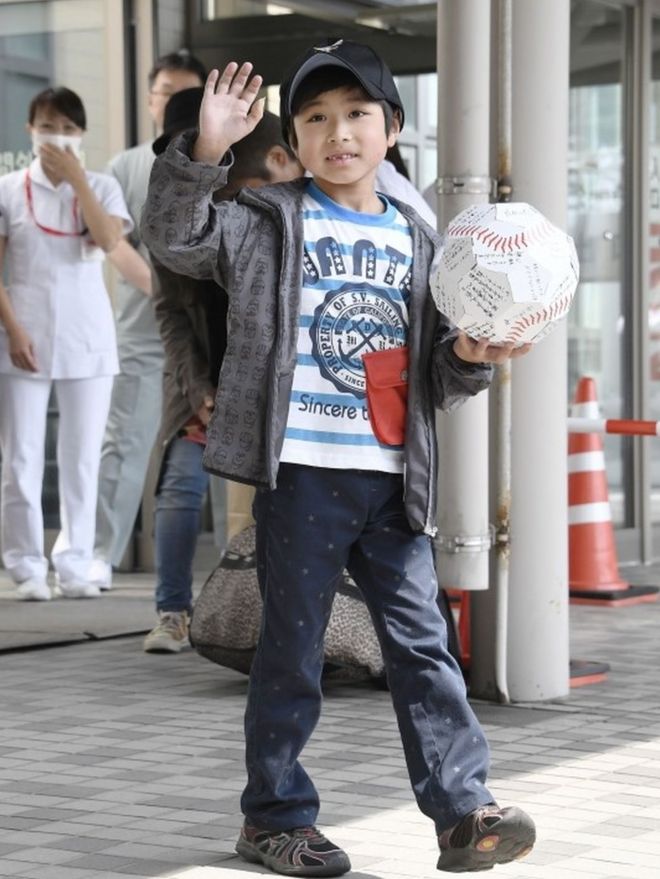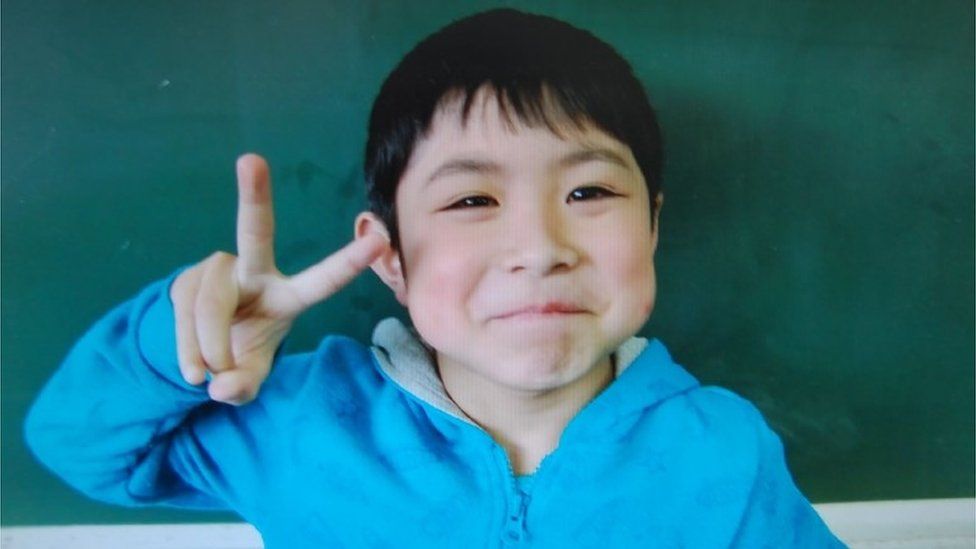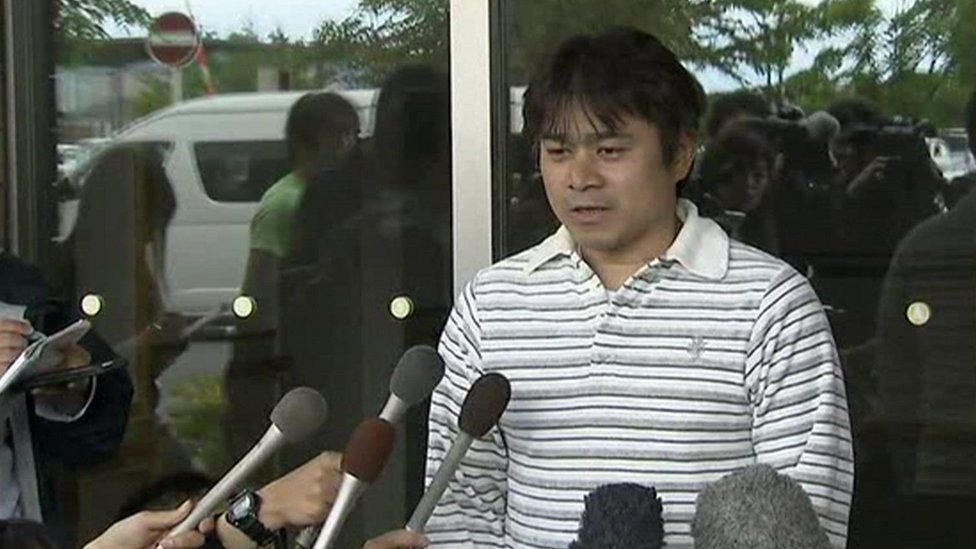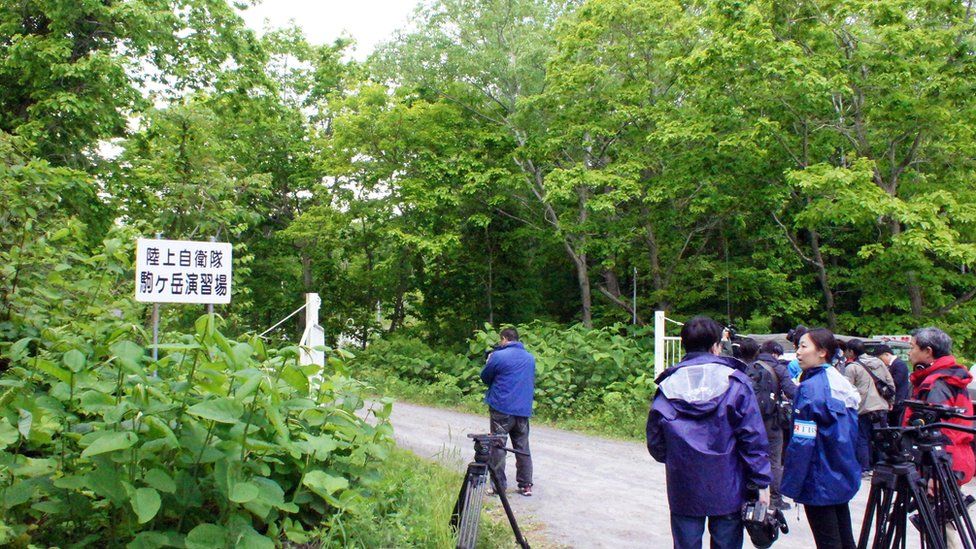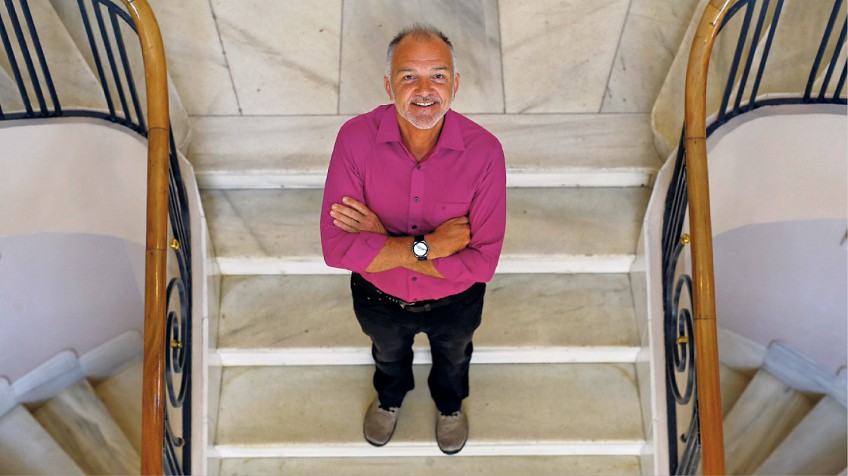"Furious Monkey House" is a band from Pontevedra, Spain, formed by Mariña, Carlota, Amaya, Irene and Manu in March 2014.
The band recorded a five-track demo before recording their debut album between February and March 2015 at Planta Sónica (Vigo), which some of our students from IES AS BARXAS, now in 1 BACH, visited two years ago, and Abbey Road Studios (London), the famous studios where The Beatles, The Rolling Stones, and many other groups have been recording their albums.
So what is special about them? Their age! They are just teenagers like those of you who are in 1st or 2nd ESO so they have to go to school, do homework, take exams and on top of that they make great music!
SO HOMEWORK FOR THE SUMMER: LEARN THE LYRICS, SING THEIR SONGS. A GREAT WAY TO IMPROVE YOUR ENGLISH.
SO HOMEWORK FOR THE SUMMER: LEARN THE LYRICS, SING THEIR SONGS. A GREAT WAY TO IMPROVE YOUR ENGLISH.
Hey girl
your eyes are full of big fire
that voice is screaming in your head
your eyes are full of big fire
that voice is screaming in your head
calm down 'cause everything is fine now...
Hey girl
you're not alone we are back now
we're always singing in your mind
we're always singing it out loud
I miss your face every moment
and all the little things that I have lost
I have the same dream every morning
I fly very high but I fall down
Hey girl
your blood is boiling like water
and you can fight like a tiger
there ain't clouds on that black sky
Hey girl
stop weeping 'cause you're awesome
you are the best thing in the world
just close your eyes and please listen up
I miss your face every moment
and all the little things that I have lost
I have the same dream every morning
I fly very high but I fall down
I miss your face every moment
and all the little things that I have lost
I have the same dream every morning
I fly very high but I fall down
I miss your face every moment
and all the little things that I have lost
I have the same dream every morning
I fly very high but I fall down
Hey girl
you're not alone we are back now
we're always singing in your mind
we're always singing it out loud
I miss your face every moment
and all the little things that I have lost
I have the same dream every morning
I fly very high but I fall down
Hey girl
your blood is boiling like water
and you can fight like a tiger
there ain't clouds on that black sky
Hey girl
stop weeping 'cause you're awesome
you are the best thing in the world
just close your eyes and please listen up
I miss your face every moment
and all the little things that I have lost
I have the same dream every morning
I fly very high but I fall down
I miss your face every moment
and all the little things that I have lost
I have the same dream every morning
I fly very high but I fall down
I miss your face every moment
and all the little things that I have lost
I have the same dream every morning
I fly very high but I fall down
in my room every dark night
I can't dream about happy things
please turn on the light yes
There's a picture on the wall
and it's looking at me
it smiles at twelve o'clock
and (it) starts laughing
When I'm sleeping
in the darkness
I find a demon in my closet
When I am sleeping
in the darkness
there are monsters under my bed
but I like them
My skin turns as white as snow
when I hear the voices
the shadows star to dance around
and I follow that beat
My heart is going more than fast
I don't know if I wanna stop it
come with us into my room
dance with your nightmares
When I'm sleeping
in the darkness
I find a demon in my closet
When I am sleeping
in the darkness
there are monsters under my bed
but I like them
When I'm sleeping
in the darkness
When I'm sleeping
in the darkness
When I'm sleeping
in the darkness
When I'm sleeping
in the darkness
There's a picture on the wall
and it's looking at me
it smiles at twelve o'clock
and (it) starts laughing
When I'm sleeping
in the darkness
I find a demon in my closet
When I am sleeping
in the darkness
there are monsters under my bed
but I like them
My skin turns as white as snow
when I hear the voices
the shadows star to dance around
and I follow that beat
My heart is going more than fast
I don't know if I wanna stop it
come with us into my room
dance with your nightmares
When I'm sleeping
in the darkness
I find a demon in my closet
When I am sleeping
in the darkness
there are monsters under my bed
but I like them
When I'm sleeping
in the darkness
When I'm sleeping
in the darkness
When I'm sleeping
in the darkness
When I'm sleeping
in the darkness
